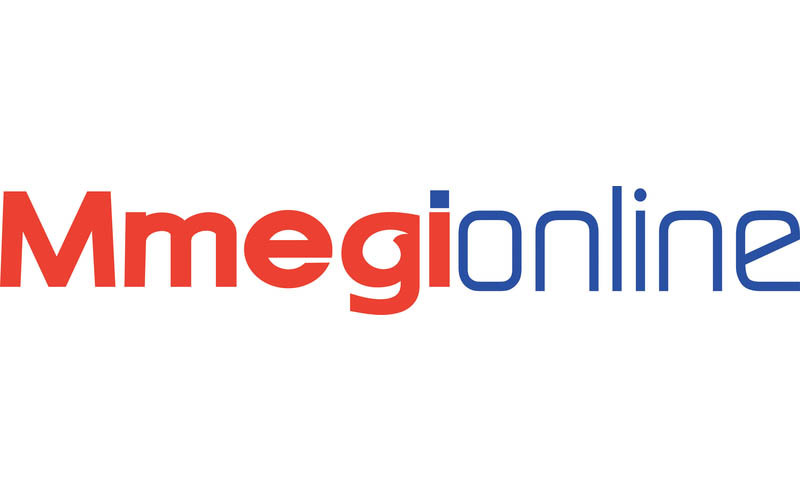Once again, the language debate is back with us. At the Bakalanga cultural festival known as Domboshaba held during the Independence Day holidays, Bakalanga renewed calls that their children be taught in Ikalanga.
Apparently, the renewed calls were made after government refused to accede to the long-standing Bakalanga request. Government has reportedly refused mainly because the exercise will be too expensive. The other reason, perhaps the most important, is that government fears that once they accede to the Bakalanga request, they will have to so the same for other tribes. This, it would seem, is the real reason why government is uncomfortable with making this concession to the Bakalanga; for fear of opening the floodgates. In the government's response, the officials have deliberately avoided saying whether, in principle, government agrees with the notion central to the request; that all languages should be accorded equal treatment. That, to us, is the paramount issue. It is evident that languages in Botswana are not equal. The best way forward in addressing these inequities is for government to come up with a language policy that recognises all languages used by Batswana in Botswana. The whole called Botswana is made beautiful and complete by all the linguistic groups found in Botswana. Unlike some pessimists who have always posited that recognising and celebrating diversity could threaten the unity of the country, we believe that the unity of this nation is undermined by forced homogeneity. We are homogenous in purpose, but we should recognise that Botswana is made up of diverse groups that speak different languages. Language, as internationally acclaimed playwright, Ngugi Wa Thiongo observes, is both a carrier of culture and a means of communication. If people's languages are not recognised and celebrated, it is not only a means of communication that will be muted but a whole culture could be annihilated. This will not only result in lack of identity amongst some of our people, but it will weaken linguistic groups that undermine the whole. Stronger unity is in diversity. Our neighbour - South Africa - has gone that route by making 11 languages official and no disaster has befallen that state. In fact, South Africa is drawing admirers from the region and without. There are indeed challenges in recognising the languages as official. One of them is that unlike Setswana and English, which have some resources in the form of literature, including a codified syntax and dictionaries. But that is all this is; a challenge. The good news is that this challenge can be surmounted, and it has to be. There is no doubt that it will be expensive to embark on this rediscovery and linguistic transformation. All good transformations are not cheap. Our focus should never be on the expenses but on the ultimate good that this country will enjoy once all languages are given the due recognition they deserve. We share the view with Bakalanga and all RETENG groups that all languages should be recognised and celebrated. Let's start by making them official languages.
Today's thought





